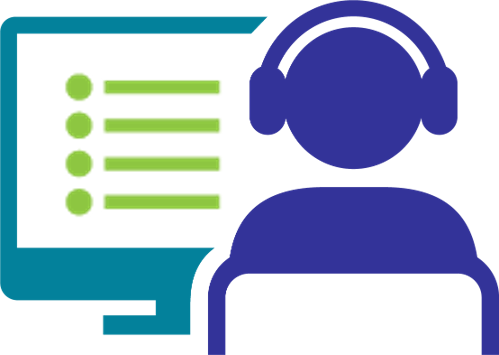
Evaluators of teachers must complete annual training. For 2024-25, all evaluators of teachers must successfully complete training on the newly required 2022 Danielson Framework for Teaching© (FfT) and related observation practice activities before conducting observations of teachers.
Initial Certification
The Initial Observer Certification process is designed for administrators who are responsible for teacher observation and evaluation.
Certification Validity
Upon successful completion of the initial certification training, the certification is valid through the 2024-25 school year.
Who should complete the initial observer certification training?
Successful initial certification training (part I & II) is required for evaluators of teachers who:
- Are a new observer/evaluator in a state model district or independent charter;
- Do not have records of previous state model certification completion
Evaluators who completed initial certification in Teachscape within the last 4 years have the option to complete the initial certification or recertification training activities.
Overview
There are two activities to complete the training:
- Part I - an online training module (approximately 4 hours). The online module may be completed individually (asynchronously) or through a facilitated, in-person group training provided by the local administration or regional CESA using DPI’s facilitation materials.
- Part II - a collaborative observation activity including observation, evidence alignment, and feedback practice.
Local facilitators can access facilitation materials using the link below to register, selecting the facilitation option.
Recertification
The 2024-25 Recertification Training is designed to support a smooth transition from the 2013 Danielson Framework for Teaching© (FfT) to the 2022 Danielson FfT©. These training activities include a calibration activity.
Validity
Upon successful completion of the 2024-25 recertification training, the certification is valid through the 2024-25 school year.
Who should complete the recertification training?
Successful recertification training (part I & II) is required for evaluators of teachers who:
- Successfully completed the 2022-23 or 2023-24 initial certification; or
- Have a valid initial certification (within the last four years through the Teachscape platform)
Overview
There are two activities to complete the training:
- Part I - an online training module (approximately 90 min). The online module may be completed individually (asynchronously) or through a facilitated, in-person group training provided by the local administration or regional CESA using DPI’s facilitation materials.
- Part II - a collaborative observation activity including observation, evidence alignment, and feedback practice.
Local facilitators can access facilitation materials using the link below to register, selecting the facilitation option.
Keep Records
Employers and individuals should maintain records of completion of initial certification and recertification.
Upon completion of the asynchronous certification and recertification Part I training modules:
- Participants have the option to receive a confirmation of completion via email.
- Participants may have a copy of the confirmation email sent to one additional email address. Local education agency administrations may create a system and communicate a specific email address to enter to facilitate local administrative recordkeeping. It may be beneficial to consult with local legal counsel.
Video Library for Evaluator Training
In Part II of initial certification and recertification, observers participate in a collaborative observation activity. If possible, evaluators should conduct these observations in pairs or small groups. It is recommended that these observations occur within a local classroom or using a video of local classroom instruction. Having local context, background, and understanding of local initiatives can provide a richer collaborative experience.
The WI TeachForward Video Library provides options for videos that may be useful to support the WI evaluator training activities. DPI provides this library for use by state model evaluators and other administrators. Please allow up to three business days for response to registration.